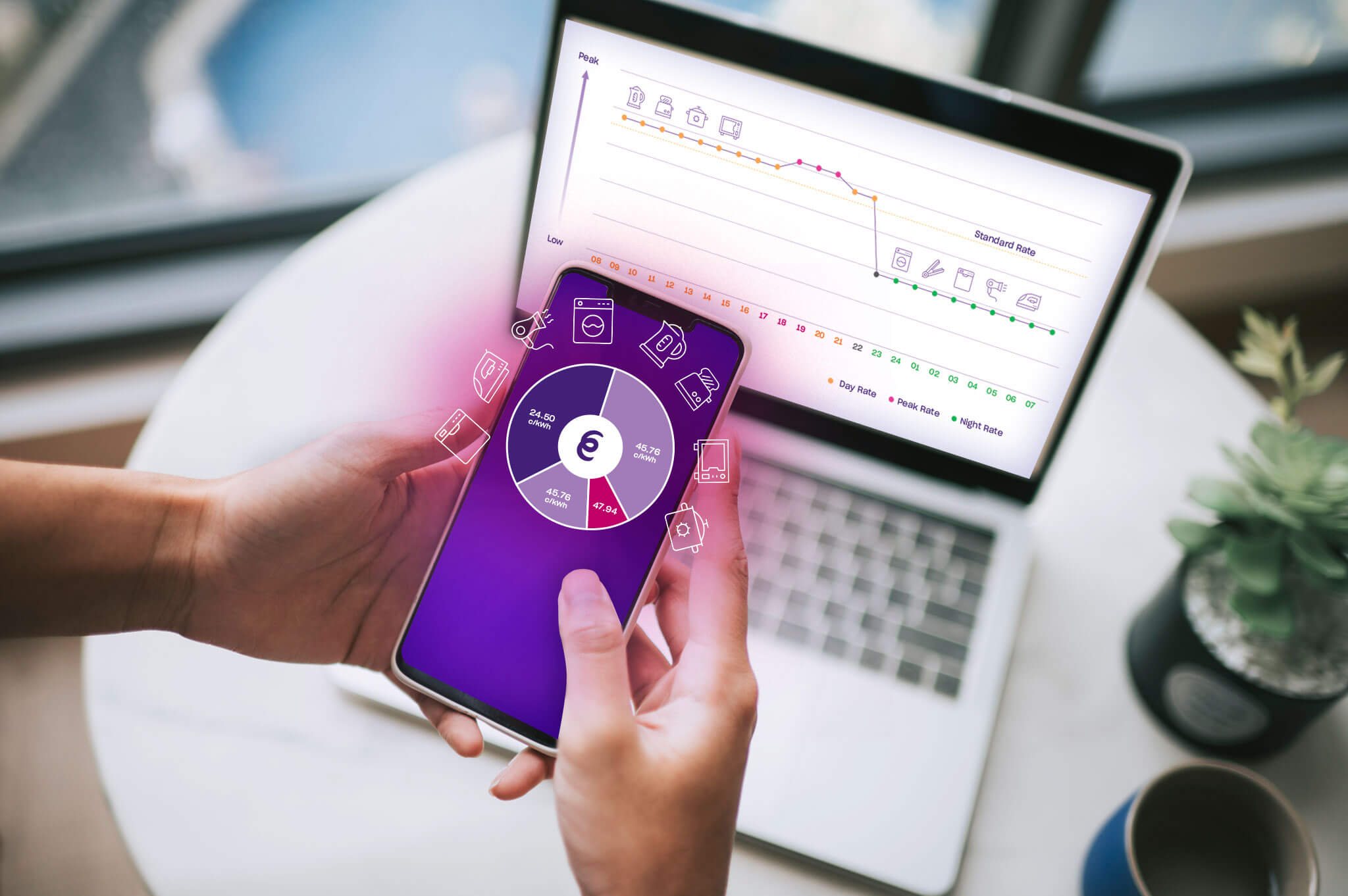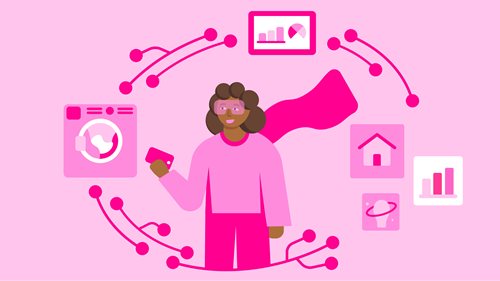Smart Meters
Your guide to smart meters
Smart Meters put the power back in your hands by showing you what is consuming your electricity usage. Understand the important pros and cons of smart meters with us.
What are the benefits of a Smart Meter Plan?
Accurate billing
Smart meters eliminate estimated bills and the need to submit manual reads. Your usage is recorded automatically and accurately.
Smart tariffs
Smart meters enable access to smart tariffs, saving you money by using electricity during cheaper, off-peak times.
Reduce costs
By switching to a smart tariff, you can track your energy use, adjust your habits, cut electricity consumption, and save money.
Reduce carbon footprint
With an ever-growing population and more people using electricity at peak times, making small changes can help reduce your carbon footprint.
Export and earn
If you generate solar or wind energy, smart meters accurately measure exported surplus energy making sure you're paid correctly.
Freedom to move
It's completely free to get a smart meter installed in your home - simply contact ESB Networks to register your interest.
What Smart Plan is best for me?

What are Smart Meters?
Smart meters are an upgrade from traditional meters. Traditional meters require manual readings and often lead to estimated bills. Smart meters give you more accurate information on your energy usage using digital technology – this can help you to manage your consumption, become more efficient and reduce your bills.
If you don’t currently have a smart meter, ESB Networks will notify you when they are installing in your area. You can also request one through ESB Networks below.

How do Smart Meters work?
Smart meters work by using technology that enables them to communicate remotely with your supplier, providing periodic data on energy usage. This will allow you to view and manage your usage more easily allowing you to find ways to save.
Depending on the connection, your meter can collect data on your energy consumption every 30 minutes which will be sent to your supplier either daily or bi-monthly. This data includes how much energy you are using and when you are using it.
How can Smart Meters benefit customers?
Smart meters could help you save money on your electricity bills. Typically, electricity companies charge different amounts depending on the various times of the day and how much pressure is on the electricity systems.
Monitoring your electricity usage in your Energy Online app using Energy Insights, you can have better control of your usage. Depending on which plan you choose, you can see if making simple changes can save you money on your bills.

Do I need to sign up to a smart plan?
If you have a smart meter, you will still need to opt in to a smart meter plan. We have a range of smart plans to suit your needs and lifestyle. Check out the link below to see which plan is smartest for you.
Please note: due to industry rules for smart metering, if you move to a smart tariff, it’s not possible to revert back to a non-smart tariff or an old meter type.